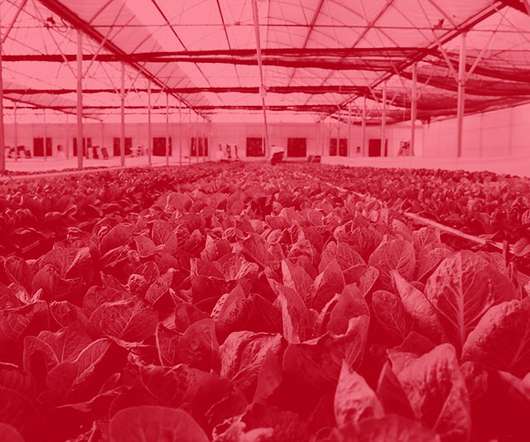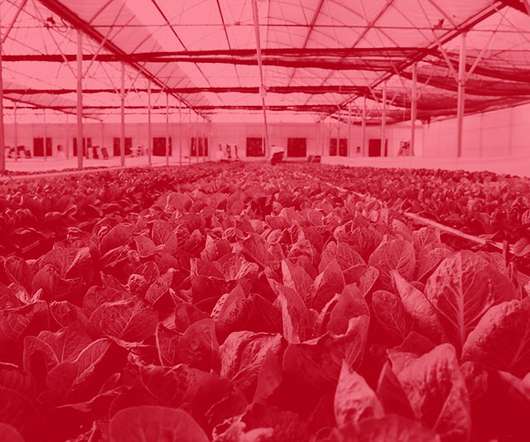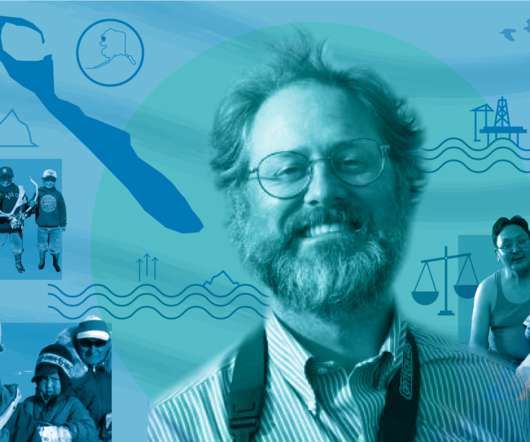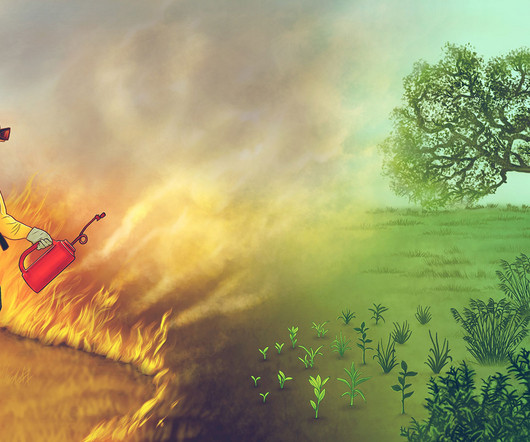The Seven Sins of Greenwashing
Green Business Bureau
DECEMBER 16, 2021
It’s an easy way to capitalize on the ethical consumer. Greenwashing is more than a question of ethics. McDonald’s addressed the environmental issue of plastic pollution by replacing their straws with paper alternatives. However, these new straws weren’t recyclable, whereas the plastic straws were.















Let's personalize your content